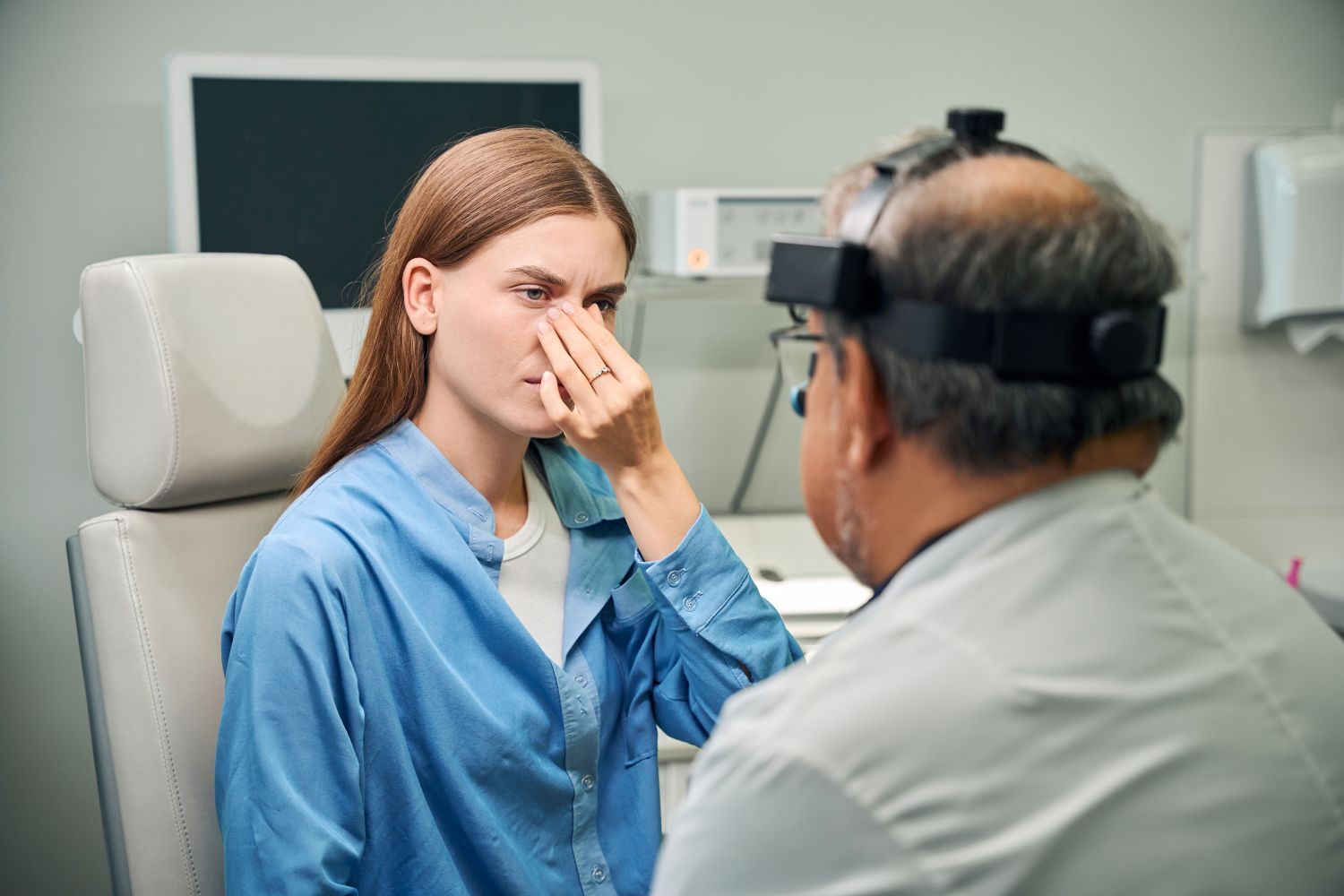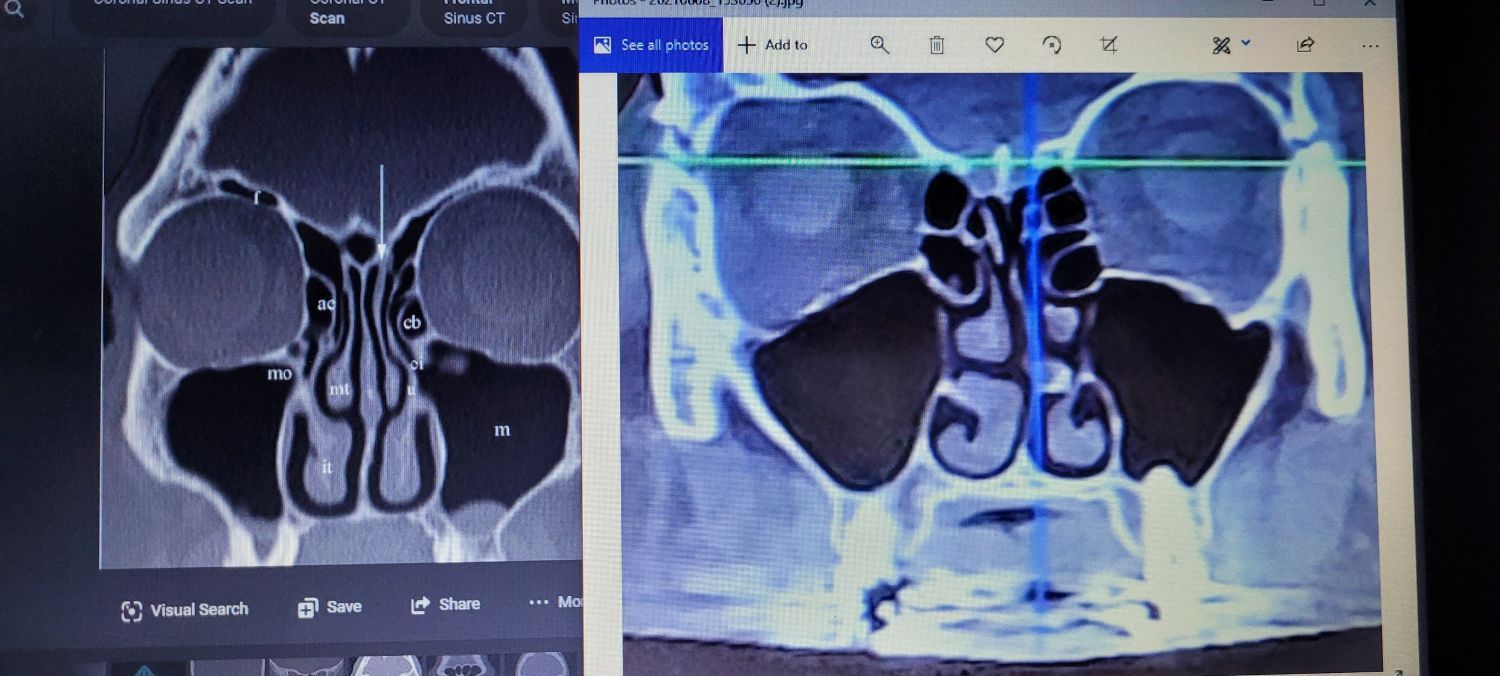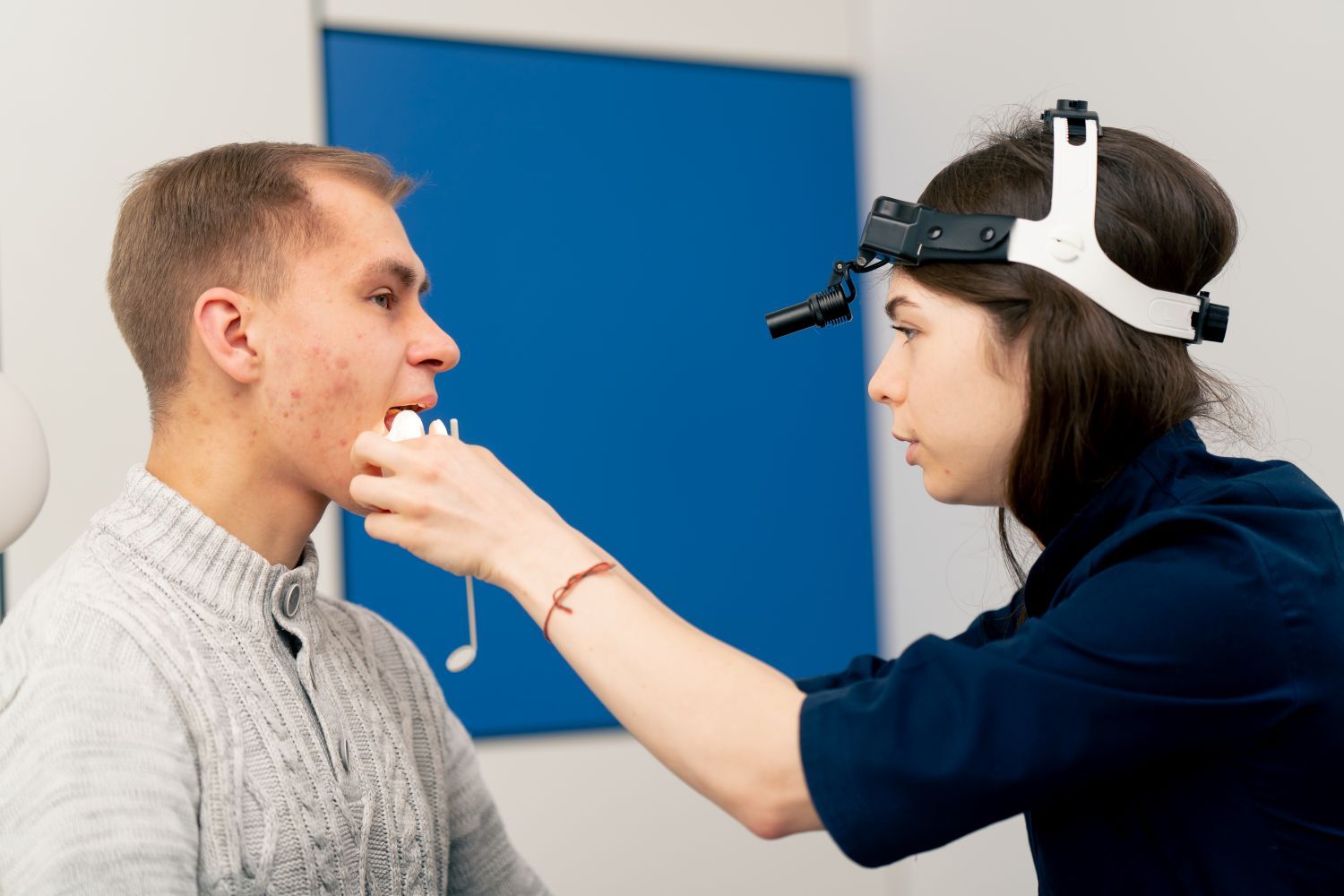Get Free CME at Snot Force Alliance
March 17, 2022
Are you a healthcare provider looking to break free of your silo and meet new providers with similar interests? Or perhaps you want to explore different ways patient outcomes can be improved? Last but not least, do you need free CME credits but don't want to attend another boring class that doesn't engage your mind? The Snot Force Alliance, Inc., is your answer to all three of these concerns.
Get Free CME at Snot Force Alliance
First of all, we better explain our mission here at Snot Force. We recognize gaps in the diagnoses and therapies for nose, sinus, and airway conditions that keep patients from reaching their ideal quality of life. Although these gaps cannot be addressed by a single specialist, many of us collaborating as one can help overcome them. That's what we are: a group of specialists who bring other physicians together to:
- Talk and learn
- Research ways to improve patient outcomes
- Improve lives in a meaningful but enjoyable way
Our Snot Force Alliance meeting series gives physicians the chance to enjoy camaraderie and earn free CME credits. The meetings we offer are planned and implemented in conjunction with Indiana University School of Medicine (IUSM). IUSM is accredited by the following councils to provide continuing education for healthcare providers:
- Accreditation Council for Continuing Medical Education (ACCME)
- Accreditation Council for Pharmacy Education (ACPE)
- American Nurses Credentialing Center (ANCC)
How It Works
Each meeting is approved for AMA PRA Category 1 credits. Earning these credits is easy. Simply complete the CME Registration Form
and then complete the CME Check-In Form within 48 hours of each meeting you attend. We post information about our meetings online, and early registration is recommended.
The Importance of CME Credits
You likely already know CME credits are crucial for all healthcare providers, but as a refresher, we'd like to remind you why here. First and foremost, continuing your education allows you to discover new ways to improve upon patient care and effectively manage your career in a field that is ever-changing. Medicine does not stand still, and regardless of your scope of practice, CME can help you:
- Stay aware of the latest developments in your specialty
- Address real-world challenges that arise every day
- Enjoy professional growth
- Learn new management skills
- Learn cost-effective billing practices
Refine Your Skills for Improved Patient Care
Every day, a new medical study is published or a new care technology is developed. These findings influence how patients with nose, sinus, and airway conditions should be assessed and treated. As a result, medical providers have a responsibility to their practice to stay on top of these changes. Doing so can provide patients with the most innovative care possible and stamp you as an expert in your field.
Advance Your Career
If you're looking to advance your career, free CME credits can help you do just that. Staying abreast of changes in healthcare builds your professional value, helps you further contribute to team goals, and demonstrates a proactive personality. Employers take note of these traits. You are likely to become a more integral staff member as facilities look to advance their reputations in a highly competitive landscape.
Meet Licensing/Certification Requirements
Many professional medical and healthcare organizations require members to continue their medical education as a condition of maintaining their membership status. These organizations typically ask members to submit proof of the CME events they've attended, which you can easily do after taking part in our meetings. This keeps you in good standing even as you network with providers from 37 different states.
Why Providers Need to Collaborate
Healthcare providers once functioned autonomously within the medical practice landscape. Each discipline went to school for their chosen specialty and remained immersed in a solitary perspective. But when providers can identify as part of a larger team, rather than practicing in a silo, healthcare significantly improves.
That is why medicine today embraces a more interprofessional approach. Physicians are expected to participate within multidisciplinary teams as patients present increasingly complex cases. And with a wide network of colleagues to call upon, you can efficiently find answers to difficult questions.
Enjoy New Ways to Network
Expanding your professional network is therefore an essential component of patient care. When you refocus your work and look through a lens of interprofessionalism, you can help reduce inefficiencies that often plague patient care. Assessments and treatments are done together so they become complementary rather than contradictive. Likewise, providers see a patient as a whole rather than a disjointed diagnosis or treatment relative to one ailment.
At Snot Force Alliance, we create enjoyable events that allow you to learn from and interact with other providers - without the pressures of a clinical environment. Our KY Bourbon + Roses symposium, for instance, lasts three days and includes a tour of Kentucky's bourbon distilleries in addition to discussions of precision medicine in airway disease. This is a collaborative effort between Cedars Sinai, Indiana University, and the University of Louisville.
Ignite Conversations and Hone Listening Skills
When you meet and network with other providers, you're able to share differences of opinion and learn new perspectives. Our meetings bring people together to explore ideas. This cannot be done in isolation.
Similarly, healthcare providers are at their most effective when they cultivate superior listening skills. Active listening conveys to patients and team members that what they're saying is important. This establishes a firm foundation of trust and builds teams that can address the multiple dimensions of a patient's condition.
Improve Creative Thinking
Networking events and CME meetings encourage providers to brainstorm with each other in ways that can lead to improved problem resolution. During these meetings, no issue is too big or too small to be discussed. As discussions continue to progress, providers often find themselves thinking with a new energy that can be brought back to the clinic or facility - and passed to other team members.
The Need to Address Healthcare Gaps
In respiratory medicine, as with other disciplines, gaps between established scientific evidence and actual care contribute to patient suffering. To illustrate, nearly 26 million Americans have been diagnosed with asthma, marking it as one of the country's most common and costly diseases. But around
are poorly controlled, leading to:
- Recurrent needs for urgent medical care
- Missed school or work
- Asthma-related nocturnal arousals
- Frequent daytime symptoms
Evidence suggests that failure to assess asthma control is a significant contributor to the concerns listed above. This problem is compounded by patients with low expectations who fail to alert physicians when they don't feel well. Of course, this is only one of many major diseases that can affect the airways and sinuses. We haven't even touched upon COPD, chronic sinusitis, and more.
Routine Healthcare Concerns
The whole of healthcare experiences a number of gaps defined as discrepancies between recommended best practices and the care that is actually delivered. These gaps can manifest in different ways, with the most common including:
- Patients who miss age-based annual vaccines or screenings
- Patients who don't take medications to meet evidence-based guidelines
- Patients who do not consult with providers when a prescribed medication may not be suitable
We mentioned earlier that just one of us cannot do much to overcome these gaps. But when we come together and brainstorm new ideas, implement new practices, and promote advanced research findings, we can help to ensure that all patients receive the care appropriate to their needs.
The Snot Force Alliance is a group of people who believe healthcare has made great strides but can still be improved in wonderful ways. We promote fun and friendly camaraderie and also offer CME events that educate and enlighten.














